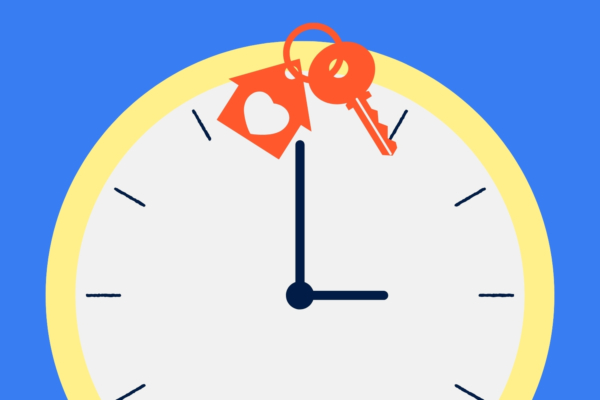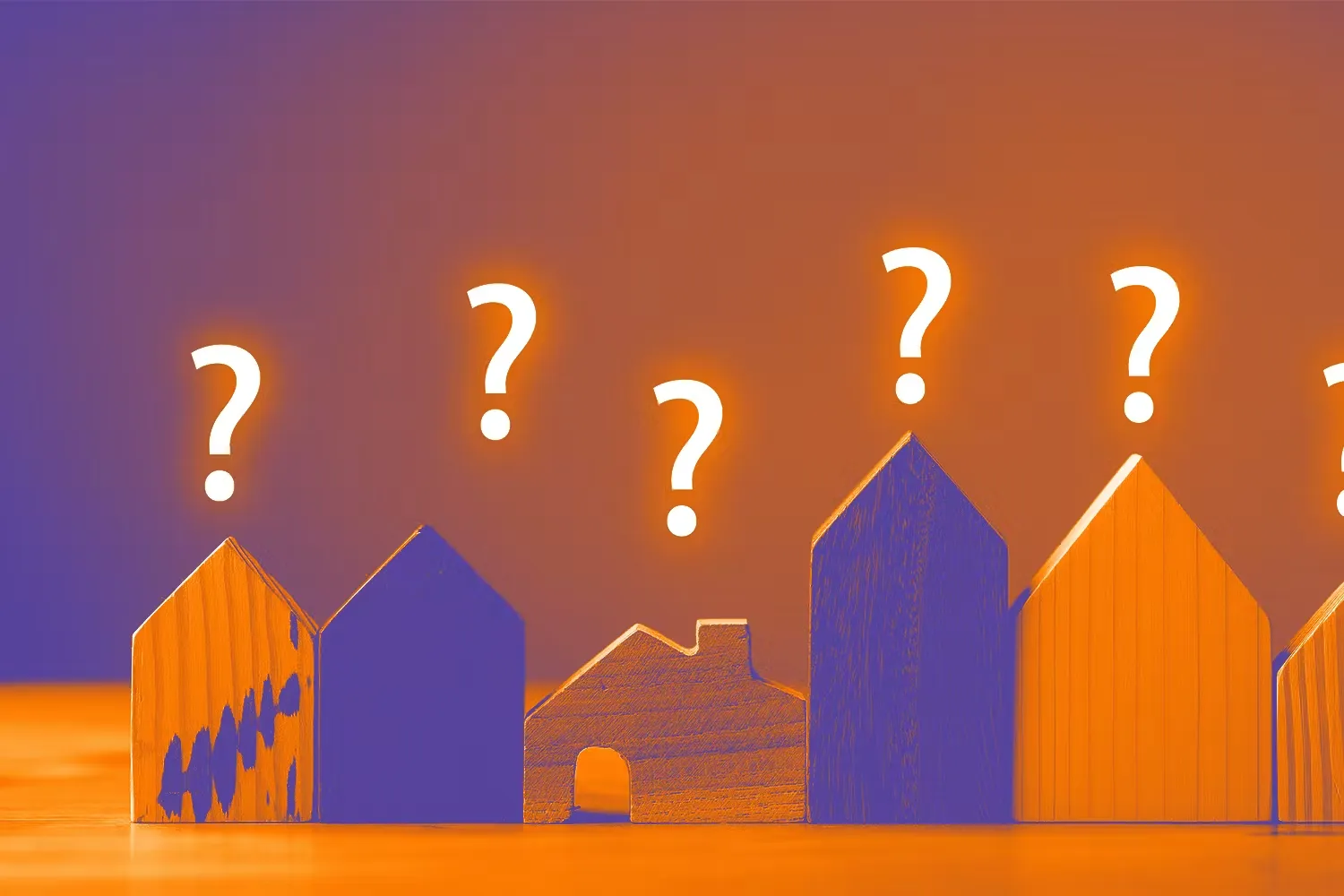
9 Questions to Ask Before You Buy a Home

The housing market has natural ups and downs. We are currently in a tight housing market, which means sellers have a relatively easy time selling their homes and buyers are having a more difficult time finding and purchasing houses. Although many researchers have tried to quantify how long these cycles last, no one has a definitive answer for when the market will move up or down.
Purchase contracts often include something called “contingencies”. These are specific requirements that need to be completed or passed so the purchase contract can become legal and binding. In a buyer’s housing market, contingencies are a great way to make sure you’re getting the best house for your money.
However, in a tight housing market, homebuyers might lose out on a home if they include too many contingencies. This leaves the homebuyer in a tricky position: do they include contingencies to protect their money, only to lose out on a home? Or do they remove things like house inspections from the purchase contract, potentially putting their investment in jeopardy?
The best people to advise you on the contingencies you need in a purchase contract are your real estate and mortgage consultant, but in this article, we’ll cover the basic questions that you should be asking during the home buying process.
Apply Now
Ready to find your next mortgage? Begin your journey with Amplify today!
1. How Old is the Roof?
Every roof will need to be replaced eventually, so before buying a home you should ask how old the roof is to get a good idea of when it may need to be replaced. A new roof can cost anywhere from $7,000 to $20,000, depending on the size of the roof and the area where you live. If you find out that the roof is old and will need to be replaced, you will need to spend thousands of dollars. This is important to know because it can be a major expense, and you will need to consider how much it will cost on top of your down payment and closing costs.
In addition, if the roof does have existing damage, mortgage lenders may require that it is repaired before they approve your loan. If the roof is old and needs repairs, you may be able to get the asking price lowered, or have the seller repair the roof as a contingency to the sale.
2. How Much Do Utilities Cost?
Utilities obviously depend on usage, but it’s always a good idea to get a baseline idea of how much utilities cost on average before you purchase a house. You should also inquire about the types of energy that are used in the home, so you can plan for future repairs or issues.
3. How Old Are the Appliances and Major Systems?
Appliances and major systems that need updating can be costly. Understanding the life span of essential appliances and systems in the house can help you prepare for any expenses that might arise in the next five years or so. You want to know early on if appliances or systems will need to be replaced so that you can factor that cost into the overall cost of purchasing the home.
4. Are There Pipe Problems or Plumbing Issues?
Pipes are central to the daily experience of your home. Whether it’s a water pipe coming in or a plumbing pipe going out, they need to be in good shape! Asking about the integrity of the pipes, what they’re made of, and whether any repairs have been made in the last few years is a great way to start assessing pipe health. If you’re getting a home inspection, make sure all of your questions can be answered.
5. Have There Been Any Infestation Problems?
A common problem in the south is pest infestation. From wasps to carpenter ants to termites to cockroaches, it is a good idea to inquire if the home you are looking to purchase has had any issues with such infestations. Look around the home for any evidence of burrowing, any potential insect droppings, or piles of sawdust. If you see any of these three, it’s a warning sign. An infestation doesn’t mean you shouldn’t buy the home, but it should be a factor in your overall assessment of the home.
6. Is There a Threat of Natural Disasters?
You must always consider if the property you were looking to purchase is in a flood zone or is in an area that is prone to any other natural disasters. Homes in these areas will most likely require extra insurance coverage. If you face the risk of a natural disaster destroying your home, talk to your mortgage consultant about what kind of homeowners insurance to purchase.
7. Why is the Seller Leaving?
You most likely won’t be able to talk to the seller directly, but their agent may be able to give some indication as to why they’re leaving. Beyond pointing out any possible issues with the home, it can also give you insight into how much they may be willing to negotiate—a seller who needs to has a shorter time frame will likely be more willing.
8. What Is Excluded from the Purchase?
Anything that is considered a fixture—like cabinets and faucets—will most likely be included in the purchase of a house. But it’s important not to assume anything—sometimes things that you would expect to be included are actually going with the seller. If the listing doesn’t spell out what is and is not included, be sure to ask. If there are items that you really want, like the washer or dryer, you’ll know what to prioritize during negotiation.
9. Are There Any Health or Safety Hazards?
There are several potential health or safety hazards that you should know about before you purchase a home. Items like lead paint, mold, or other hazards can be costly to repair and may hold up your loan approval. Ask the seller to provide documentation on any past issues, looking carefully at what’s been done to fix the problem. You may want to pay extra for a home inspector to test for any hazardous problems.
A Word About Home Inspections
Your mortgage lender is not going to ask you to complete a home inspection; it’s completely your decision. If you do decide to order an inspection, make sure you know what the company is going to look for—home inspections can vary in depth. A home inspection can be worth it, if you’re concerned about specific items.
If you choose to have the home inspected, you do not need to submit the results of the inspection to your lender. The inspection report is for your knowledge only.
Ask the Right Questions Before Purchasing a Home
Buying a home in any type of housing market can be overwhelming, but in a tight housing market, it’s best to be as prepared as you can be. By asking the right questions, you can be proactive about avoiding extra unforeseen costs or major issues down the line. As always, remember to ask your mortgage consultant any questions you might have—they’ve helped many people buy a home, and their experience can be invaluable!
Looking for a local mortgage lender?
Learn more about Amplify’s mortgage products and apply today!

